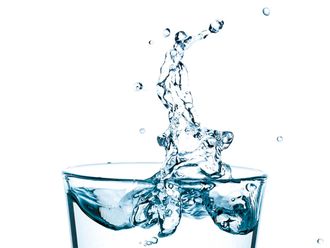Milk combats bowel cancer
Children who drink school milk are up to 40 per cent less likely to suffer bowel cancer as adults, a study shows. Half a pint a day had a strong protective effect against the disease. The key to milk’s anti-cancer effects appears to lie in daily consumption of it over several years in childhood.
Researchers found pupils were 20 per cent less likely to have a tumour later in life if they had milk every day for at least four to six years, and 40 per cent less likely if they were given milk for six years or more. The study compared 562 bowel-cancer sufferers aged 30 to 69 with a similar number of healthy volunteers. Each was quizzed on their health and lifestyle, including how often they drank free milk at school.
It is thought long-term milk consumption buildsup high levels of calcium in the body, which could protect the bowel against damage or kill cancer cells before a tumour forms.
Professor Brian Cox, of Otago, New Zealand, told the American Journal of Epidemiology that further research may prove that milk could cut the risk of cancer in future generations.
Daily cheese could be bad
A daily helping of cheese could increase the risk of bladder cancer, research suggests. Eating more than 53 grams — roughly the same size as a small chocolate bar — raises the chance of the disease by 50 per cent. But a daily portion of olive oil can more than halve the risk of getting the disease.
Researchers studied the eating habits of 200 bladder cancer victims and compared them with 386 volunteers who had not developed tumours.
The results showed eating cheese had little effect unless the amount exceeded 53 grams a day. After that, the risk went up by more than half.
Some researchers said the number of people in the study may be too small to conclude that cheese is a health threat. The findings were published in the European Journal of Cancer. Other foods, such as fish, chicken, eggs and margarine appeared to have little effect.











